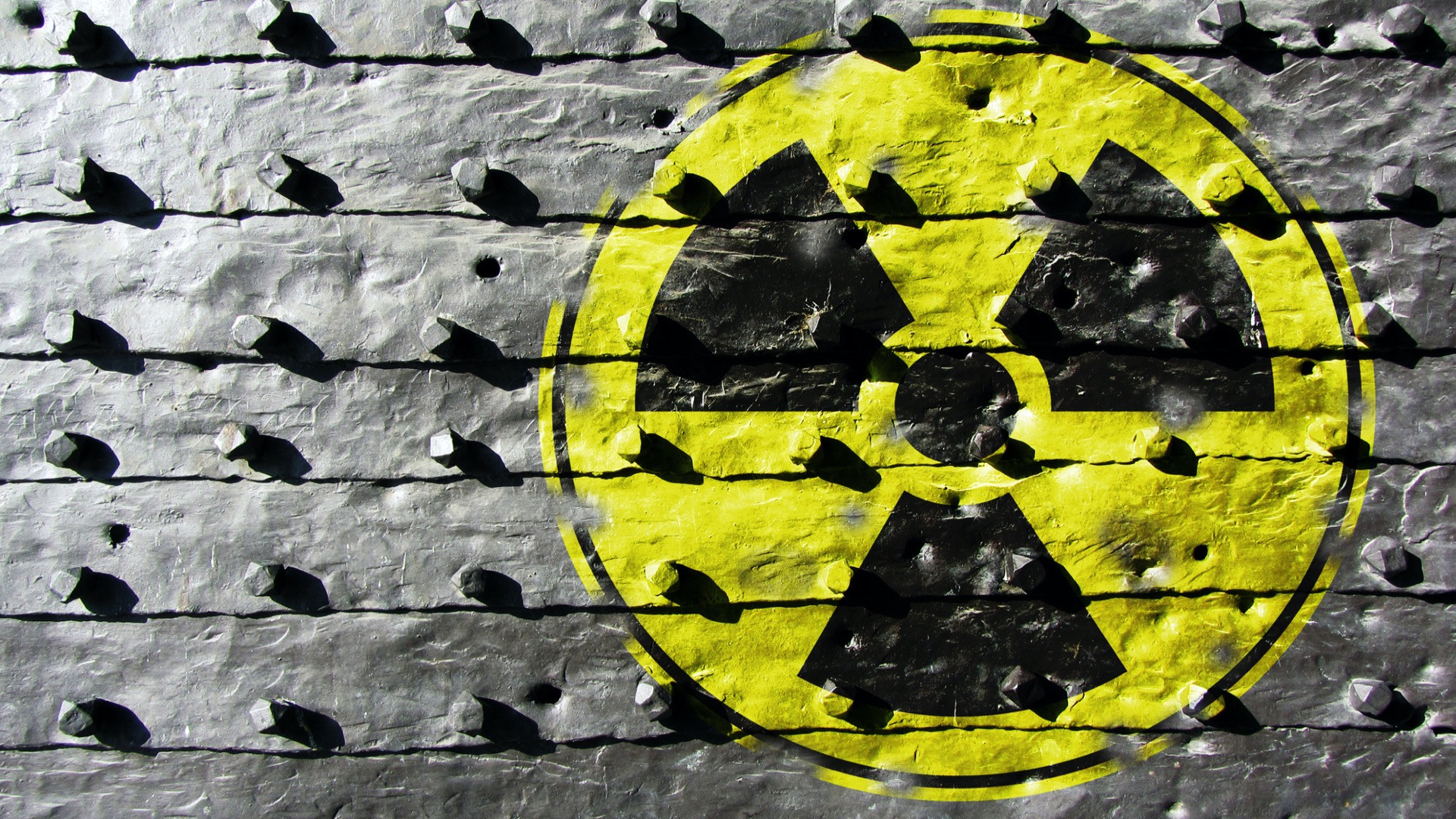
Tokyo Electric Power Co. (TEPCO), the operator of the Fukushima Daiichi nuclear power plant and also the one responsible for the safe release of radioactive water into the oceans, has been pulled up by the Japanese government after another incident involving leakage of contaminated water from the nuclear power plant.
The incident has put a big question mark on the safety of the decommissioning process, prompting officials to demand urgent action to restore trust and ensure the protection of both local communities and the environment, reported Nikkei.
On February 7, TEPCO disclosed that approximately 5.5 tonnes of water, carrying an estimated 22 billion becquerels of radioactive substances, had leaked from a building designated for treating contaminated water.
- Anxiety grips the world as Japan readies to release Fukushima radioactive water into the oceans
- Japan firm uses telecom AI to detect flaws in nuclear fusion reactor
- Fukushima NPP has a bigger problem than water release

The incident has cast doubt on TEPCO's ability to conduct the decommissioning process safely and efficiently.
The company attributed the recent leak to human error, citing a worker's failure to close a piping valve properly. However, the company assured that no adverse effects had been detected on the health of its staff or the environment surrounding the plant.
Despite this assurance, concerns persist regarding TEPCO's adherence to safety protocols and regulatory guidelines.
Not the first such incident at the nuclear facility
The first such anomaly occurred in October last year when two workers at the nuclear power plant were hospitalized after being accidentally sprayed with liquid containing radioactive materials.
The incident happened during a cleaning operation at the Advanced Liquid Processing System (ALPS), a crucial facility for treating radioactive wastewater at the plant.
Ken Saito, Japan's economy, trade, and industry minister, expressed grave concerns over the latest incident. Saito vowed to instruct TEPCO President Tomoaki Kobayakawa to prioritize the safety of the decommissioning operations.
TEPCO is currently carrying out the process of releasing the contaminated water accumulated at the Fukushima Daiichi plant into the Pacific Ocean.
This move has drawn the ire of not just local fishermen communities, which depend on the ocean for their livelihood. It has also drawn international condemnation from countries like China, South Korea, and the Solomon Islands.
China even banned importing seafood from Japan.
Regulatory scrutiny
Japan's Nuclear Regulation Authority (NRA) has investigated the incident, highlighting TEPCO's alleged failure to manage the decommissioning work effectively.
The NRA criticized the company for its lack of clarity regarding departmental responsibilities, raising doubts about its compliance with established safety measures.
As Japan grapples with the aftermath of the Fukushima disaster, the recent leakage incident underscores the ongoing challenges associated with nuclear decommissioning and managing radioactive materials.
With regulatory authorities closely monitoring TEPCO's operations, the company faces mounting pressure to prioritize safety and regain public trust in its efforts to mitigate the catastrophe's long-term environmental and health impacts.
TEPCO has constructed over 1,000 tanks to hold 1.32 million metric tons of wastewater. Due to the high radioactivity of the contaminated water, storing large amounts on-site has increased radiation exposure for workers. Therefore, it is crucial to release the water.
There have been three rounds of release of the stored water. The fourth batch, containing 7,800 cubic meters of water, will be released in late February.










 23
23


